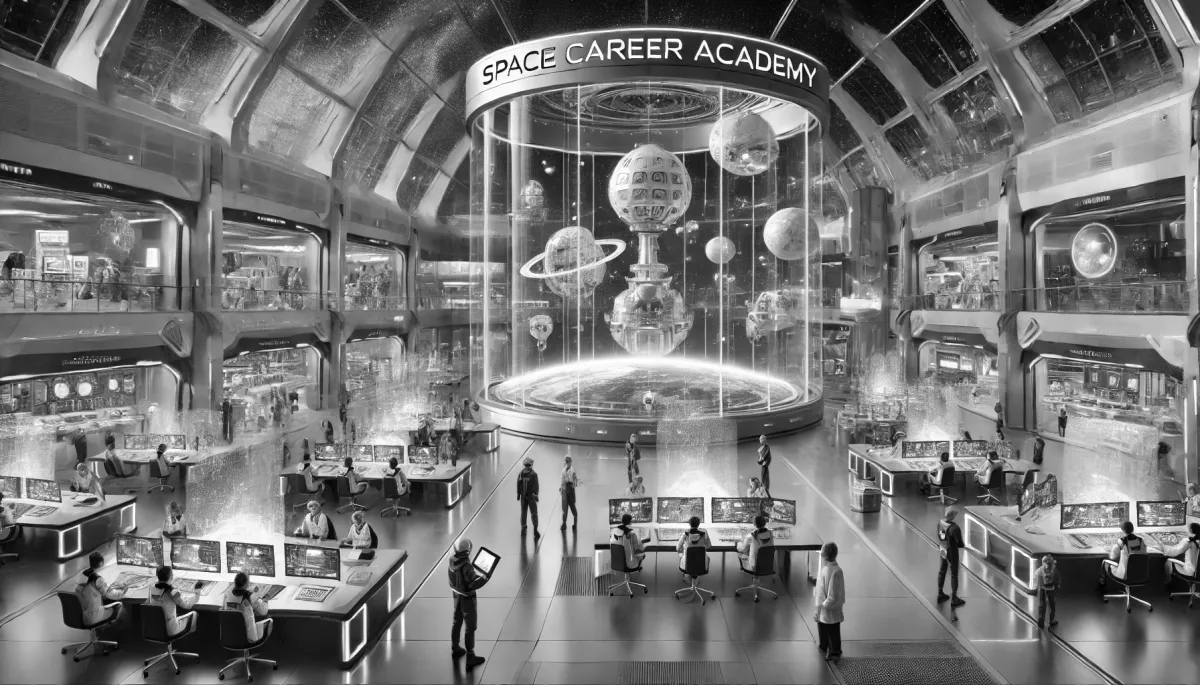Our Story
Space was once the exclusive playground of billionaires, reserved for the elite few who could afford to venture into the cosmos. Today, it is opening its doors to innovators and creatives with an entrepreneurial mindset, exemplified by SCA's founder, Kelvin A Odoom.
On March 22, 2024, with the backing of Fred Gregory,
Kelvin launched the academy, marking a new milestone in space exploration and education. This significant event, coinciding with the anniversary of the Space Shuttle Columbia's third mission in 1982, symbolizes a commitment to fostering innovation and inclusion in the final frontier
SCA is pioneering a united global space ecosystem by creating non-traditional pathways and integrating emerging nations and their ecosystems into the broader space community, aiming for shared exploration and development.

What Drives Our Movement

Mission
Space Career Academy cultivates the next generation of space-ready talent through future-focused, interdisciplinary programs that merge space science, art, and entrepreneurship, driving innovation in the global space economy.
Vision
To be the premier talent pipeline and cultural force fueling the creative and economic potential of a multiplanetary future.

The Space Career Academy is an incubator and launchpad for aerospace careers.
2025 by Space Career Academy
Stay in the Loop.

LinkedIn
X